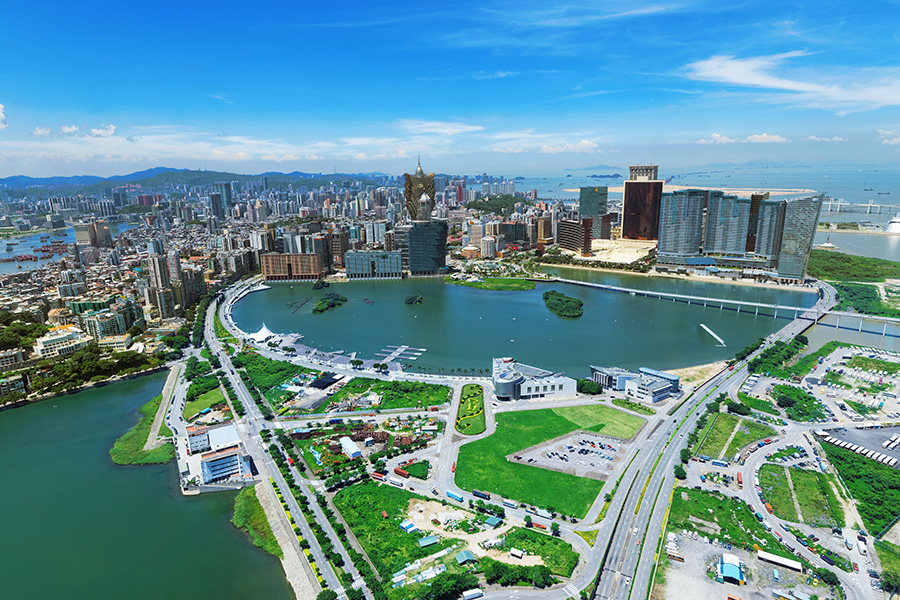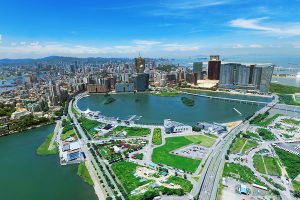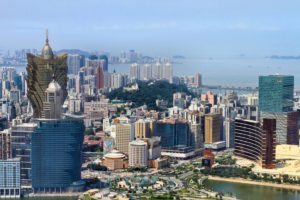New Macau gaming law to have positive impact on development, study says

A recent study claims that the law’s effects will eventually contribute to the city’s economic, social, and cultural development.
Macau.- A study entitled Macau 2.0: New Gaming Law and its Implications for Casino Market, co-authored by Ryan Hong-Wai Ho and Jenny Phillips, predicts that Macau’s new gaming law will have a positive impact on its economic, social, and cultural development.
The paper is among the first to review the scope and impact of Macau’s revised gaming legislation and its associated managerial and operational implications for Macau casinos. The new law introduced changes to the duration of casino licences, new taxes and increased the oversight of gaming concessionaires.
In the paper, Hong-Wai Ho argues that “Macau has been a victim of its own success” since the liberalisation of the gaming industry. He says that with the commencement of the new 10-year concessions, stricter regulation of the gaming industry is now in place to protect the local casinos against “persons exercising improper influence.”
The city’s authorities have also allocated considerable resources and efforts to reduce its reliance on gaming and set a clear direction for its casino and non-gaming development. Local gaming operators have committed to investing US$15bn in the coming decade, 90 per cent of which must be spent on non-gaming offerings and attractions.
According to the researchers, this commitment to invest in non-gaming amenities and attractions should result in a wider range of leisure activities, transforming Macau’s tourism and entertainment landscape, and moving away from the current reliance on casinos as the sole source of entertainment.
However, the report adds: “the success of these non-gaming projects largely depends on how each concessionaire identifies and attracts the target market segments. Concessionaires need to be realistic about their ability to stimulate their potential customers to visit and patronize their properties”.
It also notes that the shift away from the junket model has led concessionaires to focus more on foreign markets to attract both premium and recreational players. It identifies the premium mass market as the strategic focus and main potential revenue driver for most Macau casinos.
The report also warns that Macau is still dealing with a weak labour market and macroeconomic uncertainty, and that concessionaires are struggling to fill service-related jobs on their properties since the border reopening. It warned that concessionaires need to address the shortage of skilled labour as Macau seeks to increase foreign visitation, recommending that operators focus on optimising talent acquisition and retention and place greater emphasis on skill development.









